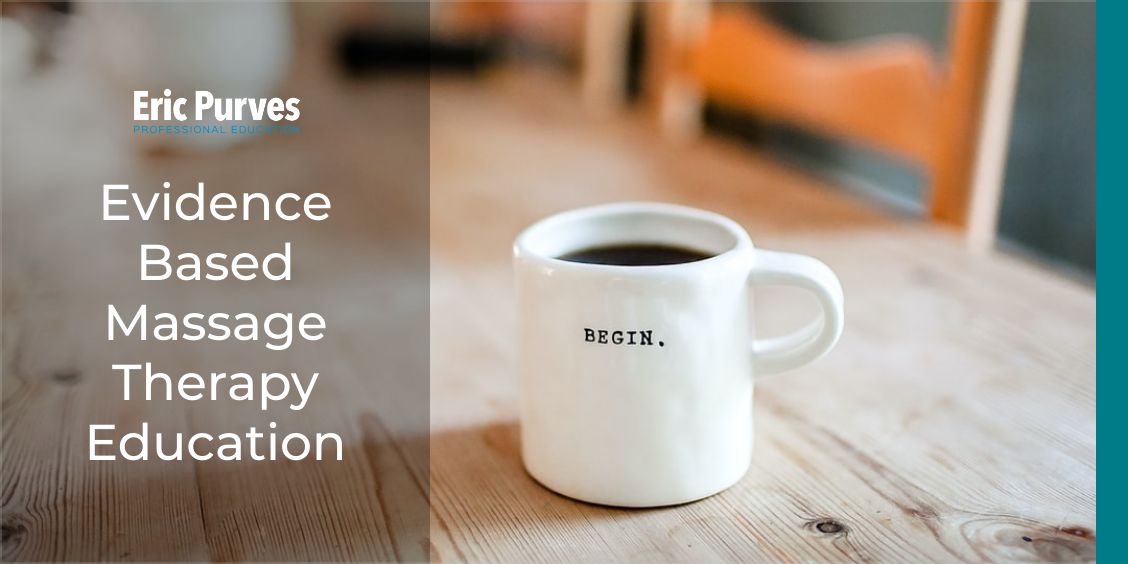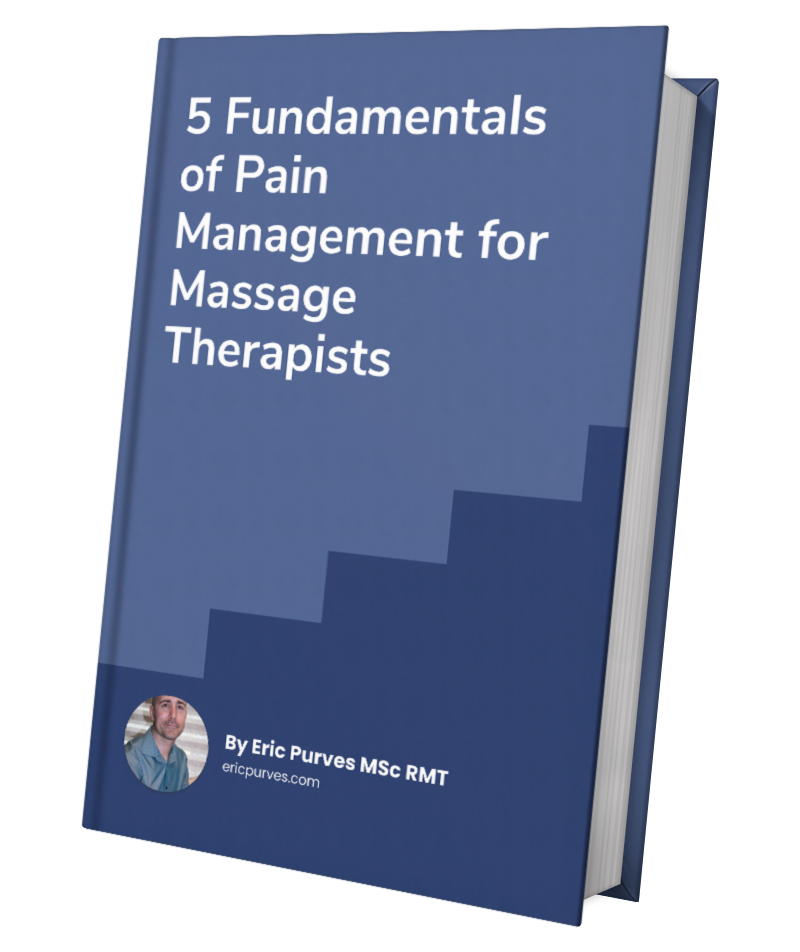There are better options for your professional development
Most people think that the best way to be a better massage therapist is by taking weekend workshops and learning new techniques or more modalities. This is what our educational system taught us and this was the status quo for decades! It is very easy to fall into that way of thinking. I spent the first half of my career doing this too! Spending time and money focusing on learning techniques and trying to gain a more in depth understanding of fascia, muscle and other connective tissues.
As time progressed I began to ask myself a few questions, and I want you to ask yourself too…
- Is one technique, style, modality, or tissue based approach right, or better?
- If what I do works for my clients, and what you do works for yours, then how can one be better than the other?
- Does identifying yourself by a modality, acronym or preferred tissue focus bring more business or achieve better outcomes?
No, of course not, but, I would say that this old way of thinking is potentially harmful for these reasons:
It is…
an oversimplification of the person’s experience with pain, suffering and their related disability,
a linear process of recipe based cut and paste clinical reasoning,
heavily clinician centred,
and, most of these interventions involve pattern recognition rather than incorporation of defensible science and experience.
These traditional approaches to education and training are holding back our profession from realising our true potential as leaders and innovators in high quality evidence-based MSK treatment and management.
Holding onto these traditional beliefs that our educational system perpetuates and which is reinforced in many weekend workshops will only serve to divide our profession
What is the better option?
Today’s technology and resources gives you the opportunity to explore different ways of learning and developing your knowledge and skill set. This can be done effectively through self-directed online learning.
Massage therapy would benefit by moving away from tissue based reasoning and technique focused in-person courses and start adopting more online education that focuses on providing knowledge and learning how to translate this to practice. This provides a more comprehensive understanding of the pain experience, the impact of manual interventions, the influence of language, emotions, contexts and behaviours on pain and disability.
I still love teaching and attending in-person courses but I have realized that these are often too limited in time and scope to really get an in-depth understanding and application of the information. This is where I see online learning is superior!
I have spent the past 12 months creating an online educational platform and learning community specifically for massage therapists. My goal is to bring together the profession and help to inspire massage therapiststo realize their true potential as leaders in the treatment and management of MSK presentations.
When you join enrol in my online courses you will gain exclusive access to:
- Evidence-based content which you can incorporate into your practice in a welcoming, open-minded, and supportive environment.
- Engage with the content live or on your own time.
- A private member’s only group to ask questions, share experiences or ask advice from a growing network of clinicians, researchers, and thought leaders from around the world.
- Continuing education credits
- Discounts on other courses and learning opportunities.
Let me ask you. Do you want to keep learning through in person workshops and courses and miss out on longer term support and growth as a clinician? Or, do you want to join the online educational opportunities available to you right now and become an evidence-based leader in massage therapy?
So, if you are ready to give online education a try then click the image below and see what options I have available for you. My online courses are designed to help you become the best therapist possible by providing you current science, best practice advice and a massive library of webinars, research discussions, and resources.




